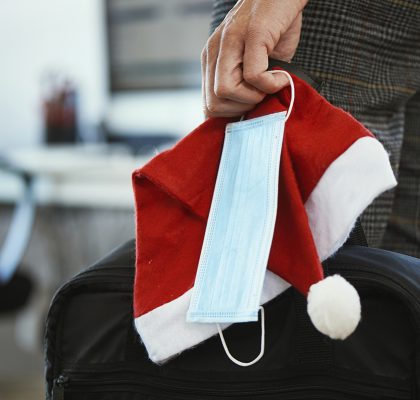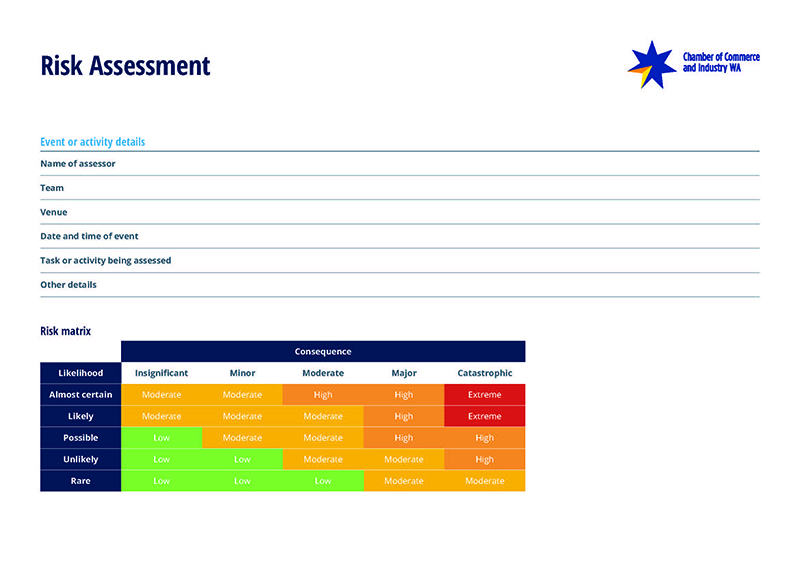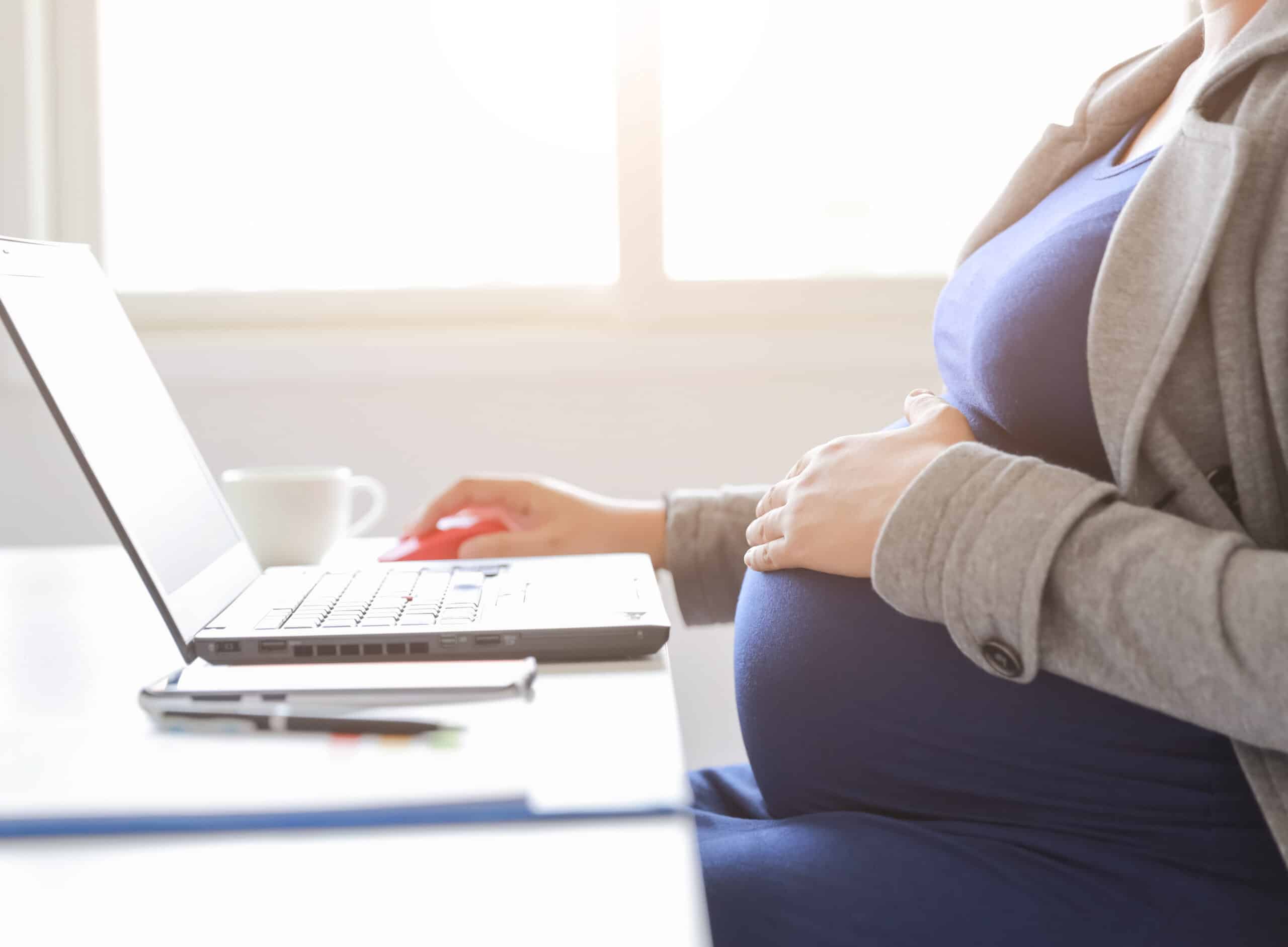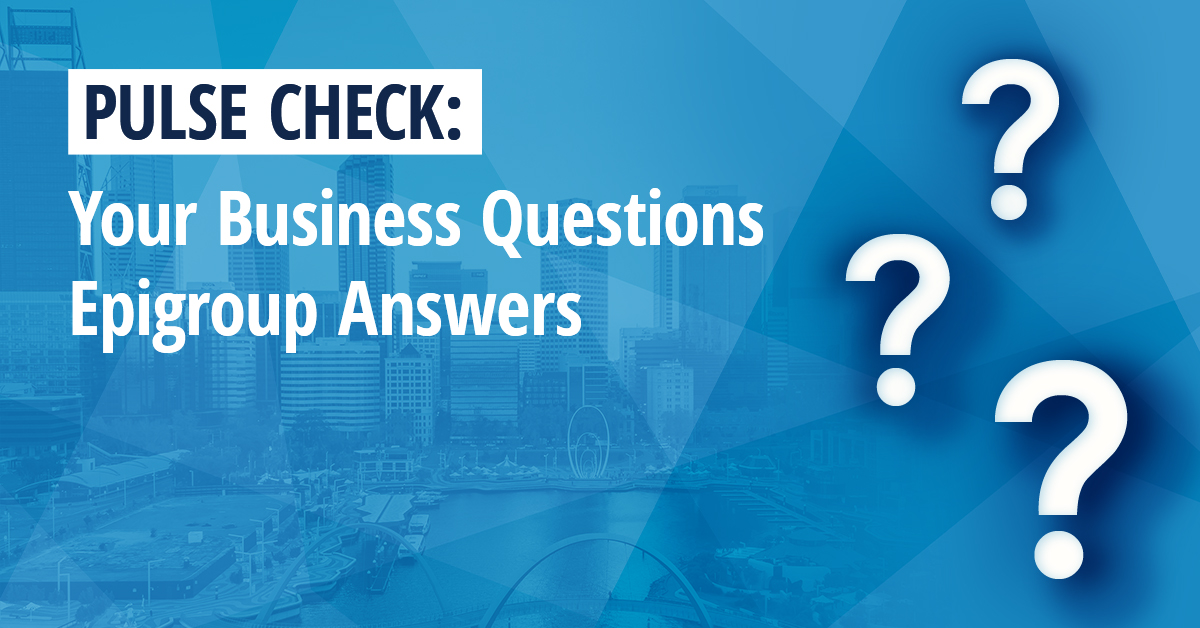End-of-year and Christmas celebrations are a tradition in many workplaces, as is a spike in work post-event for workplace lawyers.
Not only are workplaces, and individuals, potentially liable if something goes wrong, but this year there are the health and safety implications of COVID-19 to factor in.
So what do you need to consider and do to keep staff safe while having fun?
Experts from our Employee Relations Advice Centre (ERAC) share their WHS event checklist, significant case law, and an event risk assessment form to help you avoid party-season pitfalls.
The law
Anti-discrimination and workplace health and safety laws in Australia impose a duty of care on employers to ensure the health and safety of employees not only while they are performing work, but also at events outside of work where there is a clear connection to the workplace.
If an incident occurs at a workplace event, the scope of accountability can extend to not only the business but any individual who could be held reasonably responsible for the event--including directors and human resources.
Employers are required to take all reasonable steps toward ensuring the health and safety of employees, both physically and mentally, before the event.
Policy health check
ERAC manager Kristen Eatwell says ensuring your work, health and safety procedures are up to date is crucial.
Workplaces should have:
-Drug and alcohol policies;
-Equal opportunity policies (covering off sexual and racial harassment and discrimination);
-Workplace bullying policies (or code of conduct covering off on this);
-Social media policies (to deal with inappropriate photos and comments from an event being posted on social media);
-Codes of conduct;
-Workplace function policies.
Safety checklist
In preparation for a function, workplaces should ensure:
-all staff are educated on the relevant company policies and procedures and expected behaviour prior to the event;
-management is aware of their responsibilities at the event, which may include: a risk assessment of the venue (either through conducting one themselves or being informed by HR/upper management), monitoring employees consumption of alcohol and ensuring they comply with the company’s codes of conduct, and ensuring employees move on safely at the end of an event;
-the venue of your choosing complies with responsible service of alcohol;
-non-alcoholic drinks are provided;
-the amount of alcohol provided is relative to the amount of food served;
-a designated event supervisor is appointed to oversee employees and address unwanted behaviour at the time;
-taxi vouchers, shuttle buses or other safe means of transport home are provided;
-a clear end time to the event is communicated;
-a low-risk venue (i.e. not on or near a body of water etc.) is chosen; and
-a risk assessment before the event is undertaken and mechanisms put in place to address any hazards identified.
Case study 1: sexual harrassment
In the case of Vegara v Ewin [2014] FCAFC 100 (12 August 2014) an female employee at Living and Leisure Australia was found to be harassed by a male co-worker.
The initial harassment occurred in the office and several days later the pair attended a workplace event where the applicant became intoxicated. Following the event, the pair engaged in what the applicant deemed as an unwanted sexual assault.
One of the main issues of the case was whether this assault occurred while ‘at work’.
The Federal Court of Australia found a reasonable connection to the workplace, given the sexual advances initially began within the workplace.
The respondent appealed the decision but his appeal was later dismissed.

Case example 2: workers compensation
Incidents need to occur in the ‘course of employment’ to be covered by workers compensation laws.
In Campbell v Australian Leisure & Hospitality Group Pty Ltd & Anor [2015] ICQ 016 (29 May 2015) a worker attended a Christmas party hosted by the employer held by the Noosa river in Queensland.
Employees were not obligated to attend the event.
A few hours into the function, the worker dove into the Noosa River and sustained critical injuries and later died as a result.
The injuries and resultant death were found to be non-compensable due to the lack of inducement by the employer regarding action taken by the employee.
The court ruled that the action did not occur during the course of employment, and the decision was upheld on appeal.
COVID-19
In addition to general health and safety considerations, workplaces need to ensure they have a COVID-19 safety plan in place that is relevant to current WA guidelines.
This includes:
-Contact tracing: WA Government guidelines in place from December 5 stipulate that venues must have a contact tracing system in place. More here.
-Social distancing: ensure the selected venue can meet the two square metre rule and has adequate signage in place.
-Hygiene: ensure access to hand sanitisers and encourage handwashing.
-Health policy: If workers are unwell or displaying COVID-19 symptoms, make it clear they are not to attend.

For more information on how to prepare for the upcoming festive function or for advice on managing poor behaviour at such events, contact the CCIWA HR experts at the Employee Relations Advice Centre on (08) 9365 7660 or email [email protected]










